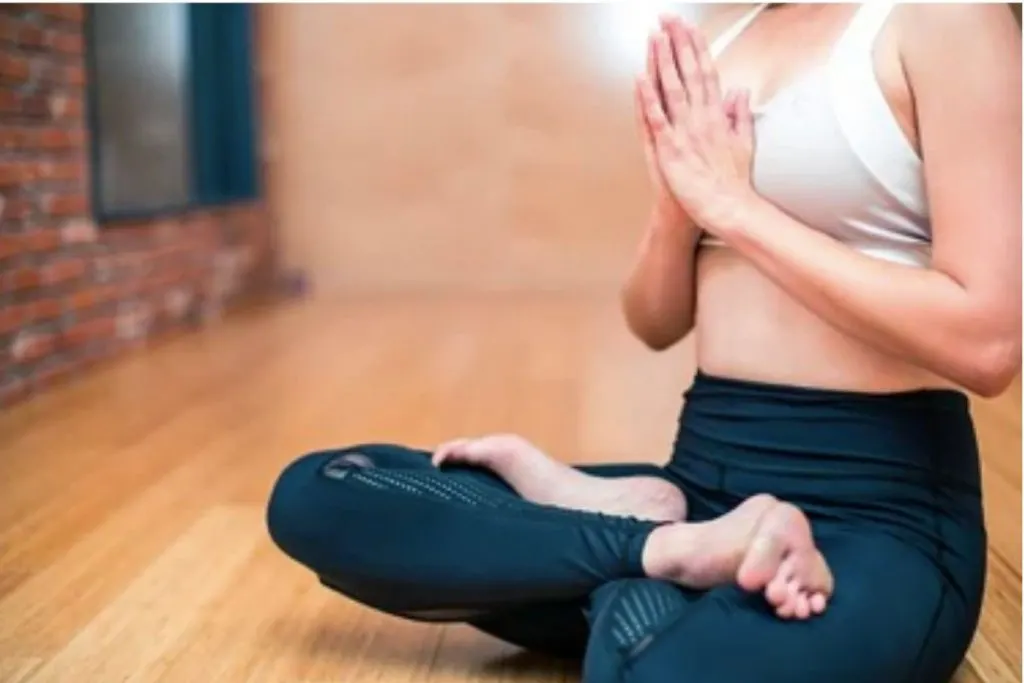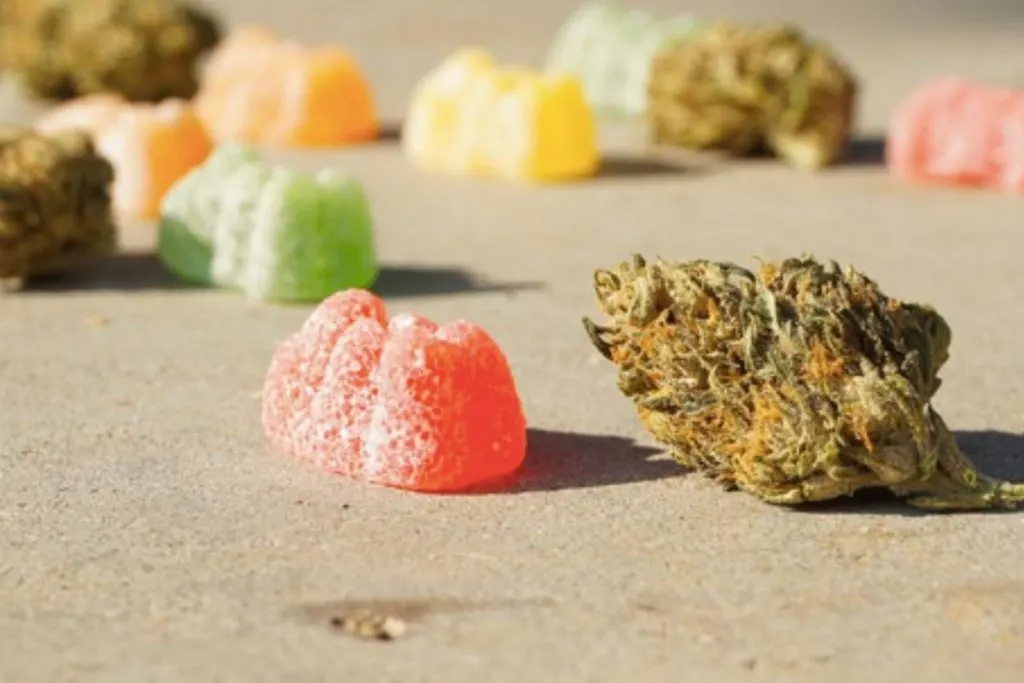Does worrying get in the way of ordinary life for you? Or is your mood so gloomy that your outlook is utterly distorted? If so, how often do you feel these or comparable emotions together? It isn’t an isolated incident. Changing one’s lifestyle is a vital part of an integrated strategy to treat depression and anxiety. Changing one’s way of life can help alleviate sadness and anxiety in some people, so getting started on those adjustments as soon as possible is a good idea. However, if you suffer from moderate to severe sadness or anxiety, you should seek immediate professional care. In addition, if your mild depression symptoms persist after a few months, you should seek medical attention.
People may experience symptoms such as:
- Nervousness.
- Not being able to do anything.
- Panic, danger, or doom fill the air.
- a faster heartbeat
- Hyperventilation
- Sweating
- Trembling
- Obsessively pondering.
Anxiety and panic attacks can hurt one’s daily life and are difficult to regulate. It can make you avoid locations or circumstances because they seem more dangerous than they are.
It’s essential to seek help if your anxiety interferes with your daily life and relationships. Your healthcare practitioner can determine any underlying physical health condition before meeting with a mental health expert.
When dealing with anxiety disorders, lifestyle adjustments and coping skills can make a significant difference.
Change in lifestyle to manage anxiety and depression
Diet
As one of the body’s most metabolically active organs, the brain demands an ongoing supply of nutrients to function correctly. An unhealthy diet may deprive the body of its resources to make neurotransmitters, leading to anxiety and sadness. If you feel that your diet does not include sufficient nutrients, you could look at supplements to support it. One such example you could consider is mushroom supplements and capsules, which you may want to learn more about, as recent studies indicated that mushrooms showed some promise in treating mental health disorders like depression and anxiety.
Dietary guidelines:
- Maintain a balanced diet. Keep up with current dietary recommendations by eating primarily fresh, whole foods, drinking enough water, and getting adequate calcium on your plate.
- It’s essential to look after your digestive system. A healthy digestive tract can be supported by taking probiotic supplements with two or more live cultures and consuming fermented foods, such as yogurt and miso.
- Consume fewer alcoholic beverages with added sugars. Depression increases by sugary drinks, including soda, fruit punch, and tea. It was recently discovered that daily soda drinkers were 30% more likely to suffer from depression than non-drinkers. Those who drank unsweetened coffee every day (either regular or decaf) reported less depression than those who did not.
- Try going decaffeinated for a change. For some people, decaffeinated coffee may be the best option because long-term caffeine usage has been related to anxiety. If you are a regular caffeine user, it is advisable to reduce caffeine intake slowly.
Therapy
Psychotherapy, often known as therapy or counseling, is helpful to a large number of people. It’s common for treatment to span only a few weeks and to focus on the current challenges in your life. Understanding your past may be helpful in some situations, but concentrating on the present can help you deal with and prepare you for future challenges. In therapy, you’ll work together with your therapist to develop coping mechanisms, alter problematic habits, and come up with solutions. Don’t be afraid or embarrassed to express your thoughts and feelings frankly and honestly. This is a critical step in the healing process. Therapy’s most typical objectives include:
- Taking care of oneself
- Smoking cessation and abstaining from the use of drugs and alcohol
- Overcoming apprehensions or doubts
- How to deal with anxiety
- Reflection on sad occurrences from the past
- Make a list of the things that cause you to become depressed
- improving one’s social ties with loved ones
- You identify the source of your angst and devise a strategy for resolving it.
Do some physical activity
Always keep moderation in mind. Moderate exercise, done five times a week for 30 minutes each time, shows a significant impact on one’s mood. It is tough to sing from your diaphragm while engaging in a moderate workout. Additionally, please pay attention to what you’re eating or drinking and how it impacts your mood.

Yoga
According to the Anxiety and Depression Association of America, studies have shown that regular exercise and medication can manage anxiety in certain people. Even a little walk of ten minutes can have a significant impact.
Endorphins are substances in the brain that assist in easing tension and calming the mind. According to Harvard Health Publishing, endorphins create a sense of peace and happiness.
It doesn’t have to be grueling to be beneficial to get some exercise. You can benefit from even simple meditation-based yoga.
Get to know other people
Go on a trip with your loved ones. While planned activities are ideal, simply hanging out is also effective. We feel supported and secure when we do things with people we consider close to us. As a result, we’re more content and less irritated by our surroundings. It can be helpful to open up to someone who listens and cares when you’re feeling anxious or apprehensive about something. Remember that everyone goes through this at some point in their lives. You’re not the only one.
High-quality CBD gummies
Marijuana’s cannabinoid (CBD) is derived from the plant. You can reduce anxiety and panic with this treatment. Marijuana products that include THC, or tetrahydrocannabinol, do not contain CBD oil, which does not produce a “high.” Many alternative healthcare shops carry high-quality CBD gummies without a prescription. Doctors may be able to prescribe high-quality CBD gummies in states where medical marijuana is authorized.

Helping others can give your life meaning
How much of your time do you spend thinking about someone else? Your mental health is in jeopardy when there is little or no interaction with others.
To put it another way, this doesn’t mean that we’re reliant on the approval of others, but rather that we’re able to shift the emphasis away from ourselves and onto others and how we may make a difference to them.
Consume less caffeine and alcohol
Caffeine can cause blood vessels to constrict, leading to an increase in blood pressure and an increase in stress. In addition, dealing with anxiety does not necessitate abusing alcohol as a sedative.
Vice states that drinking to deal with worry generates a “feedback loop” that worsens the anxiety and can lead to alcohol dependence.
Conclusion
You are on the road to conquering depression as you practice these coping techniques.
It’s not uncommon for people who have depression and feel down even after treatment. Even if you don’t feel like doing any of these activities, they are essential in treating depression, regardless of what medicine you’re taking. It may take some time and practice to develop these effective coping mechanisms, but if we don’t make an effort to be well today, we may have to deal with periods of illness in the future.

